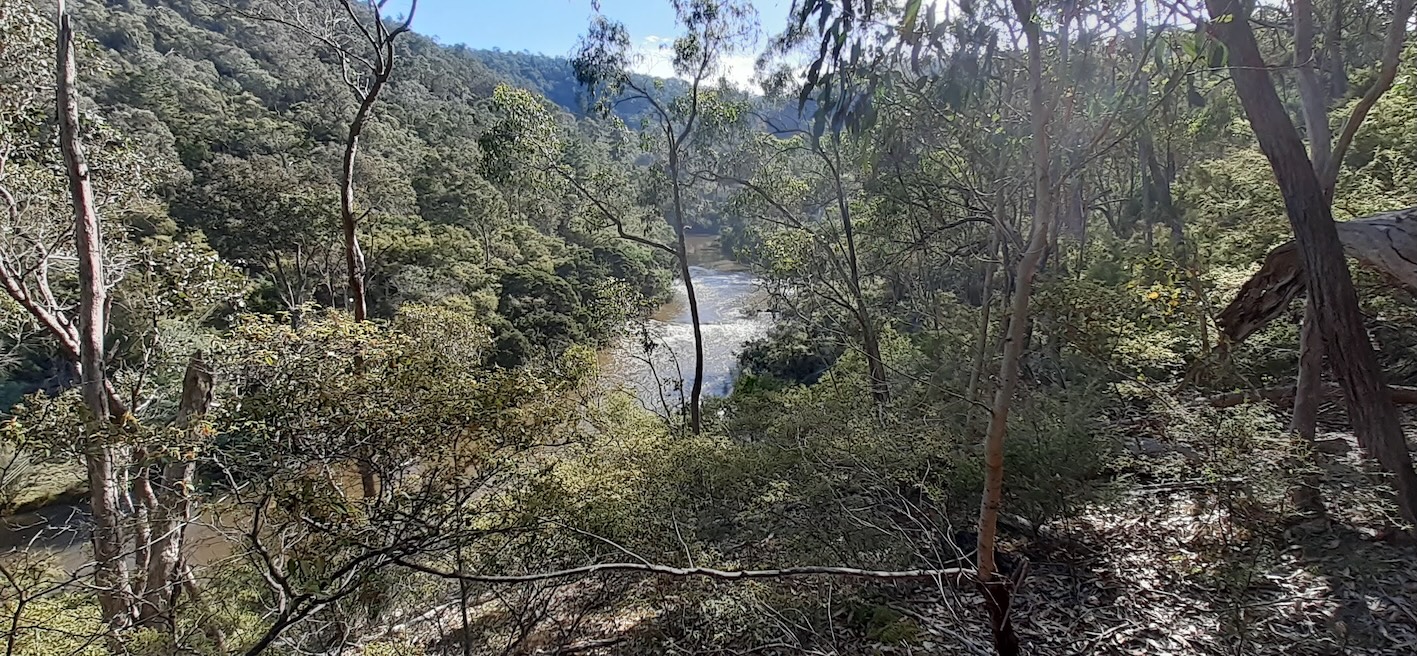No citizen much respected forest management. It was their forest, after all, and they wanted some sense of ownership. Overseers came, and overseers went, and the spacious forest – its soaring trees, its rivers of the sharpest blue, its array of birds and fish and animals – remained. Yet these ample resources were so often squandered by management. And wasted assets were no assets at all.
Eventually, a new group took charge of the forest, a group that spoke the local dialect. Its overseer proclaimed a pact with the citizens: “Work the forest for management, and we will open its resources to you. Hunt for game. Fish the streams and rivers. Purchase lumber at a more affordable rate.” The people felt a new sensation, that a bond was forged between themselves and management. They eagerly took up the offer, working full days, and hunting and fishing and buying lumber to build and upgrade their homes.
Soon, though, they realized all was not well in the forest. Huge swathes of woodland vanished, seemingly overnight; only shallow stumps remained to prove trees were ever there. Wildlife numbers dwindled. Even once-mighty rivers slowed to a trickle further downstream.
The overseer came forward to address the escalating problem. Thieves had entered the forest, he said, worthless scum from outside the realm, who took for themselves what the hard-working citizens deserved. And he wouldn’t stand for it. In short order, he formed teams to erect a fence around the forest’s perimeter, and dispatched a militia into the woods to round up, imprison and expel these criminals.
However, even with the fence built and hundreds of these interlopers jailed and prosecuted, the resources of the woods and streams continued to ebb away. How could this be? The forest dwellers came en masse to management’s elaborate compound at the center of the wood. They sat down amongst its enormous piles of lumber and its many smokehouses and cried out for a solution.
“These disgusting and inhuman thieves are relentless!” the overseer shouted angrily from his podium. “I will stop at nothing to rid the forest of their stain. There’s no measure I won’t take!”
“Yes!” called the people in response. “Do whatever you want, just stop these thieves!”
The citizens awoke that very night to the acrid smell of smoke. On the horizon, they saw the telltale glow of an inferno near the center of the forest. Onward it raged, with speed and with fury, toward the perimeter fence, sweeping aside homesteads and farms and food caches and mills and workshops. It scorched every tree and left behind a landscape of tall and leafless black pikes.
Over the following week, those inhabitants who survived wandered and regrouped. Several spoke out: “We have lost everything. All we have left is to hunt down the cause of this firestorm. We can hunt down the thieves of the forest!” The people picked up sticks, rocks, shards of metal, whatever was near to hand, and stalked through the bleak terrain.
At last, they found them, a small band at the forest edge, grouped together by burnt out shelters, which were meager by anyone’s measure. The citizens stopped and stared at these ‘thieves’, dumbfounded. There the outsiders sat, digging into the earth with small spades and tools – and planting saplings.
One of the forest dwellers dropped the stick in her hand. “What are you doing?” she asked.
“Starting again,” answered the woman nearest her. “We’ve seen this before. And we know what it is to lose everything.”


Leave a Reply